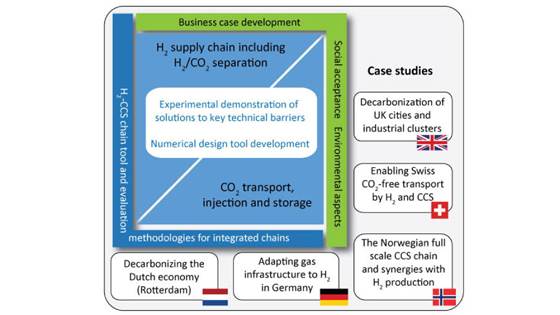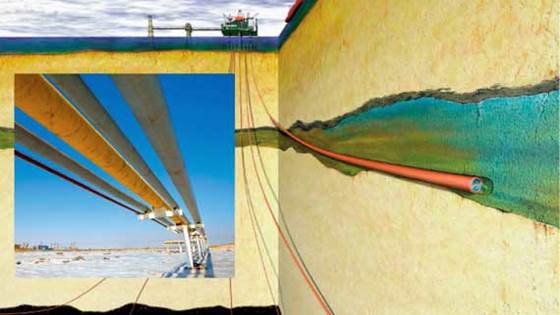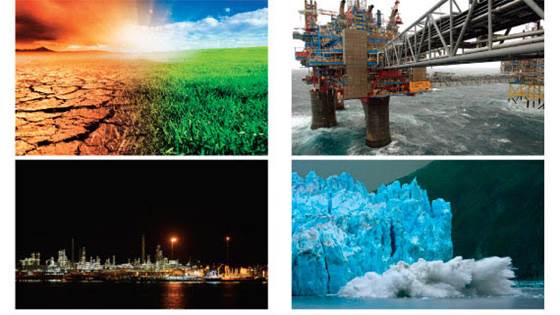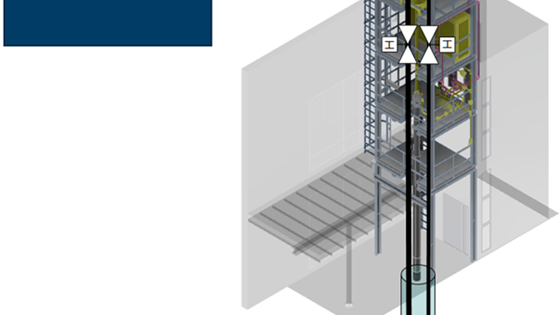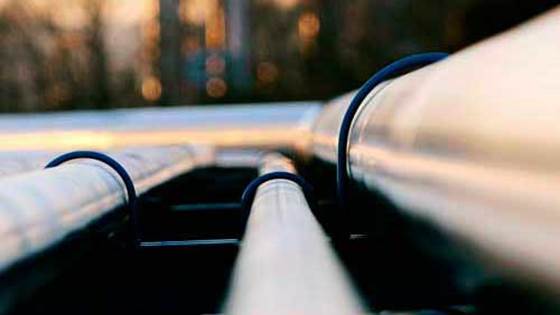Since CO2 will usually not be captured and stored at the same place, we will in the near future have to transport large quantities of CO2, mostly by pipeline or ship. Our research shows how CO2 transport can be done in a safe and economical way.
Depressurization Facility (DEPRESS)
Take a tour of our state-of-the-art Eccsel Depressurization facility with Chief Scientist with Svend Tollak Munkejord, and find out why accuracy, safety, and efficiency are fundamental for comprehending CO2 behaviour.
Precision is a necessity for successfully scaling up carbon capture and storage. At NCCS, our commitment to exact and detailed research is vital for the projects like the Norwegian government's Longship initiative, marking a substantial contribution to Norway's journey toward a carbon-neutral future.
ECCSEL ERIC website for DEPRESS
Flow Assurance for Safety Systems Facility (FASafe)
Join us for an exclusive "behind-the-scenes" look at ECCSEL and our Carbon Capture and Storage (CCS) facilities in Trondheim. In this episode, Svend Tollak Munkejord guides us through the FASafe (Flow Assurance Safety) pipeline setup, with a focus on the dynamics downstream of a constriction, especially concerning CO2.
This setup is instrumental for our partners at NCCS in honing their simulation models, while we leverage this data to corroborate our own models concerning ductile fractures in CO2 pipeline designs.
ECCSEL ERIC website for FASafe
We work within these areas:
- Accurate measurements of the properties of CO2-rich mixtures (that is, CO2 with impurities)
- Simulation of dynamic flow, depressurization and pressure-wave propagation in pipes and wells
- Coupling between thermo and fluid dynamics (robust, accurate and efficient methods)
- Coupled fluid-structure model to predict running-ductile fracture in CO2-transport pipelines (collaboration with SINTEF Industry)
- The effect of impurities on the thermophysical properties and the flow
- Heat transfer through pipes and wells
- Ship transport of CO2
Method:
We have developed an in-house modelling framework for multiphase flow of CO2 and CO2-rich mixtures in pipes. The method has been developed to capture pressure waves, which is needed to model running fractures. Several different flow models and thermodynamic equations of state have been implemented. We have also developed a highly accurate laboratory set-up to measure phase equilibria for CO2-rich mixtures at conditions relevant for CCS. Such data are needed to develop accurate models for CO2 properties. We are currently designing and constructing two ECCSEL laboratories, one for depressurization of pipes and vessels, and one viscosity and density measurements.

